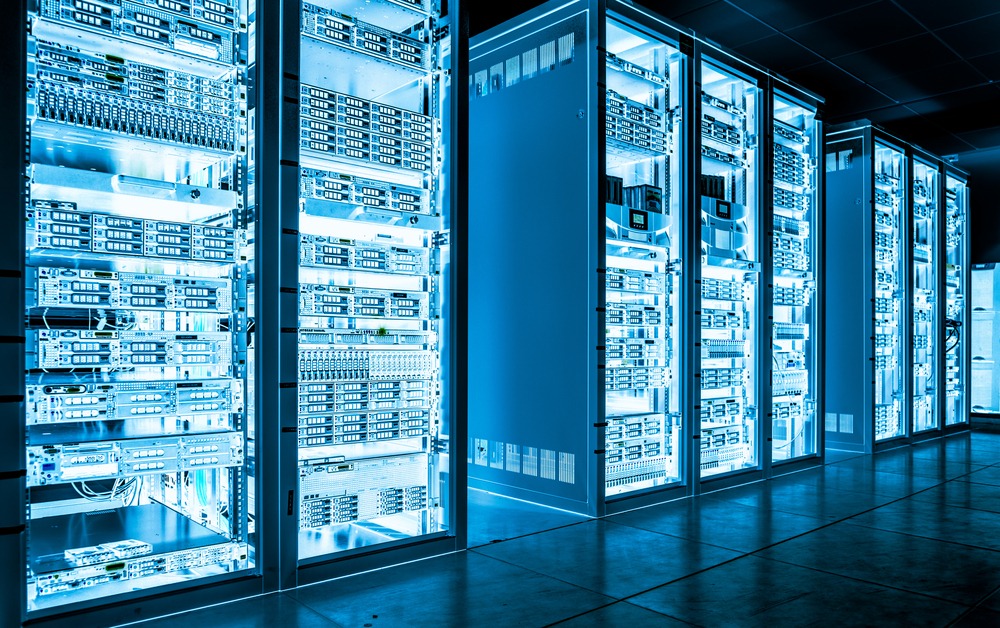
As the amount of data being generated and processed by businesses and individuals continues to increase, the need for efficient and secure storage solutions is more important than ever. Storage servers have been a crucial component of data management for many years, and their future looks promising. In this blog, we willl take a look at the future of storage servers and how they will continue to evolve.
Firstly, let us talk about the current state of storage servers. Traditional storage servers typically rely on hard disk drives (HDDs) or solid-state drives (SSDs) to store data. These drives are connected to the server via SATA or SAS cables and can hold anywhere from a few gigabytes to several terabytes of data. However, these traditional storage solutions are not ideal for large-scale data storage due to limitations in speed, reliability, and cost.
The future of storage servers lies in the use of non-volatile memory express (NVMe) technology. NVMe is a protocol that allows solid-state drives to communicate with a CPU more efficiently than traditional storage protocols. This results in faster data transfer speeds, lower latency, and improved performance overall. As NVMe technology becomes more widespread, we can expect to see storage servers that are faster, more efficient, and can handle larger volumes of data.
Another emerging technology in the world of storage servers is storage-class memory (SCM). SCM is a type of memory that sits between traditional volatile memory (such as RAM) and non-volatile storage (such as SSDs). SCM is faster than traditional storage, but it is also more expensive. However, as the cost of SCM continues to come down, we can expect to see more storage servers using SCM as a primary storage solution.
In addition to these hardware advancements, the future of storage servers will also be heavily influenced by software. One of the biggest trends in software is the use of artificial intelligence (AI) and machine learning (ML) to manage data storage. These technologies can help storage servers make intelligent decisions about where and how to store data based on factors such as usage patterns, access frequency, and security requirements.
Cloud storage is also a growing trend in the world of storage servers. Cloud storage allows users to store and access data over the internet, without the need for on-premises storage servers. As cloud technology continues to improve, we can expect to see more businesses and individuals rely on cloud storage as a primary storage solution.
Finally, we can expect to see an increased focus on security in storage servers. With the rise of cyber-attacks and data breaches, it is more important than ever to ensure that stored data is secure. Storage servers will need to implement robust security measures, such as encryption and access controls, to protect data from unauthorized access or theft.
In conclusion, the future of storage servers looks bright. As technology continues to evolve, we can expect to see storage servers that are faster, more efficient, and more secure than ever before. With the growing demand for data storage and the increasing importance of data security, the development of new storage solutions will be essential in meeting the needs of businesses and individuals in the years to come.



